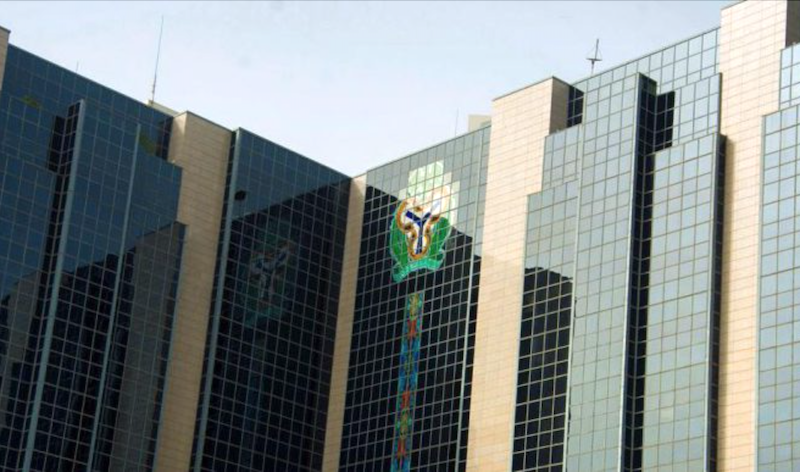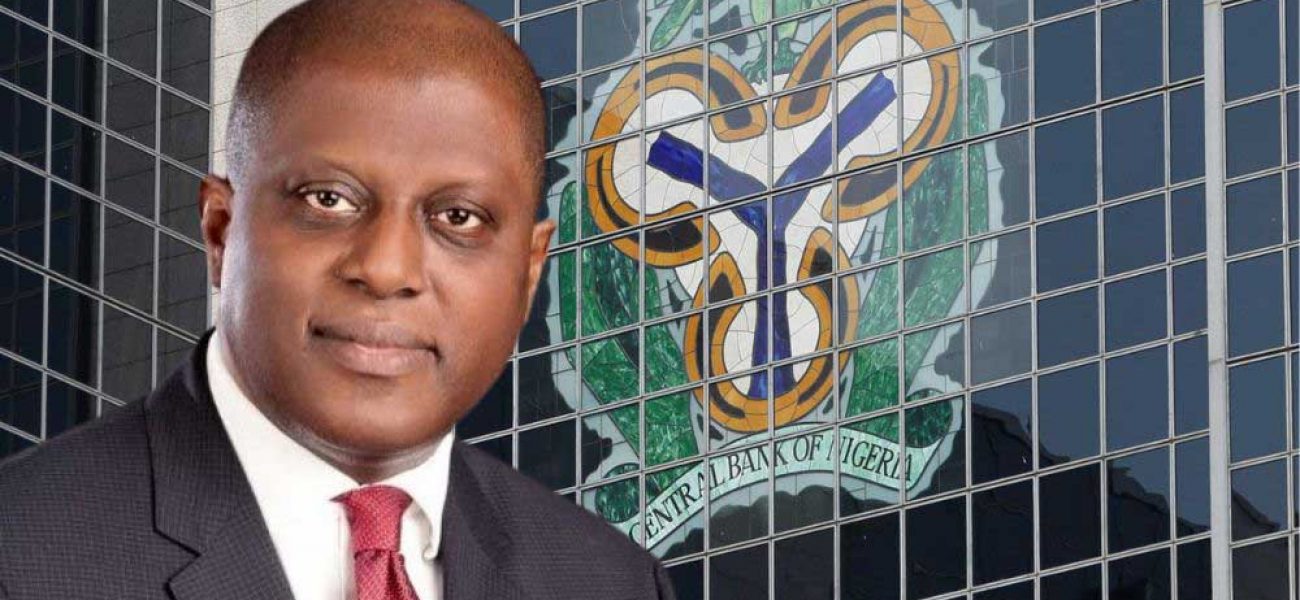The Central Bank of Nigeria (CBN), Nigeria’s banking regulator has issued a sweeping directive asking many banks to comply with stricter insider lending limits or risk regulatory sanctions.
This was contained in a letter to banks, where the Central Bank of Nigeria (CBN) set a 180-day deadline for financial institutions to regularize all insider-related credit facilities that exceed the statutory limits prescribed under the Banking and Other Financial Institutions Act (BOFIA) 2020.
The move is part of broader efforts to rein in governance lapses and curb excessive exposure to politically connected or influential insiders, a long-standing issue in Nigeria’s financial sector.
Crackdown on Insider Lending
Insider lending where banks extend credit to their directors, top shareholders, or affiliates—has long been a source of corporate governance risk in Nigeria.
The CBN, wary of the impact on financial stability, has now made it clear that banks must bring all insider-related exposures within regulatory limits within six months.
At the heart of the directive is Section 19 of BOFIA 2020, which caps lending to insiders at a percentage of a bank’s total loan book.
However, in recent years, some banks have received CBN approvals for insider-related facilities without clear timelines for compliance, leaving room for regulatory arbitrage.
The latest directive closes that loophole, ensuring that all insider loans are brought into compliance without exception.
In addition to compliance, banks are now required to submit periodic reports to the CBN, detailing the status of their insider lending portfolios and actions taken to conform with the new requirements.
What this means for Banks
For Nigeria’s top-tier lenders, the new rules are unlikely to pose a significant challenge, as many have spent the past decade cleaning up their books and strengthening corporate governance structures. However, smaller and mid-sized banks—where insider lending tends to be more prevalent—could struggle to meet the deadline without significant balance sheet restructuring.
“There’s no doubt that some banks will be forced to unwind large insider positions or seek creative refinancing solutions to meet the deadline,” said a senior banking executive who asked not to be named. “The days of unchecked insider lending are clearly over.”
The directive could also prompt banks to reassess their risk management frameworks, particularly in related-party transactions. Analysts believe that non-compliance could expose banks to heightened regulatory scrutiny, capital adequacy concerns, and potential penalties, further compounding an already challenging macroeconomic environment.
The Bigger Picture
The timing of the CBN’s directive is significant. Nigeria’s banking sector is undergoing a major transformation, with a recapitalization drive expected to reshape the industry.
The regulator is keen to ensure that banks operate with stronger governance structures ahead of anticipated industry consolidation.
Furthermore, the crackdown on insider lending aligns with broader financial reforms aimed at curbing systemic risks in the wake of previous banking crises.
The 2009 banking sector meltdown, triggered in part by reckless insider lending and lax oversight, remains a cautionary tale.
“Limiting insider-related credit exposure is a fundamental step towards entrenching discipline and accountability in the banking sector,” said a Lagos-based financial analyst. “The CBN’s latest directive signals a shift toward tighter oversight at a time when the industry is preparing for the next phase of growth.”
One of the biggest implications of the CBN’s directive is its potential effect on bank directors who hold significant ownership stakes.
Under the insider lending rules, these directors—who may have previously secured large credit facilities from their own banks—will now face increased pressure to either bring their loans within regulatory limits or step aside from the board to retain access to credit.
Given that BOFIA 2020 imposes strict caps on insider-related loans, directors with substantial borrowing may find themselves at a crossroads: pay down the loans, restructure them under different terms, or exit board positions to avoid breaching compliance rules.
This could lead to a wave of boardroom shakeups, particularly in banks where influential shareholders also serve as executive or non-executive directors.
What Happens Next?
With the 180-day clock now ticking, banks must act swiftly to comply. The coming months could see a flurry of loan restructuring, potential debt sales, or even equity injections to dilute excessive insider exposure.
For some banks, the impact could extend beyond regulatory compliance, influencing lending policies, risk appetite, and strategic planning.
Ultimately, while the directive may pose short-term challenges, it is a necessary step toward fortifying Nigeria’s banking system, ensuring that banks lend based on merit rather than connections.
Bottom Line
The CBN’s stance is clear: banks must curb insider lending or face the consequences. As the deadline looms, Nigeria’s financial institutions are now racing to adjust, reinforcing the regulator’s commitment to a more transparent, resilient banking sector.







